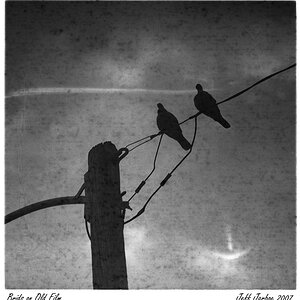hao
TPF Noob!
- Joined
- Jul 10, 2009
- Messages
- 12
- Reaction score
- 0
- Location
- Vancouver, BC
- Can others edit my Photos
- Photos OK to edit
I am new to film photography, and I was trying some night photography yesterday. The subject was buildings and streets after 8 or 9 pm, so the sky was completely dark. I knew that the meter on the camera was kind of useless in such dark situation, so I brought my digital camera to help me determine the shutter speed and etc. (ie. shoot in digital first to see the effect on the LCD then shoot in film accordingly)
But then what if I dont have the digital camera with me? How do you guys decide how long the shutter speed should be in order to produce the effect you expected? from experience? handheld metering? ( I doubt it would work) or just based on experience?
Thank you!
But then what if I dont have the digital camera with me? How do you guys decide how long the shutter speed should be in order to produce the effect you expected? from experience? handheld metering? ( I doubt it would work) or just based on experience?
Thank you!


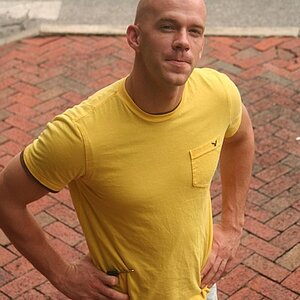
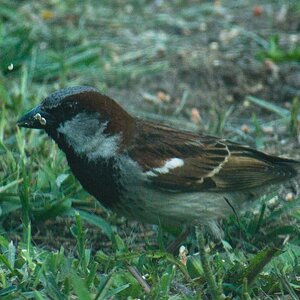
![[No title]](/data/xfmg/thumbnail/37/37602-1ef8dbb1c2d0e4ff347ee65d328c3603.jpg?1619738147)
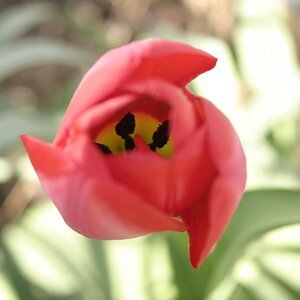
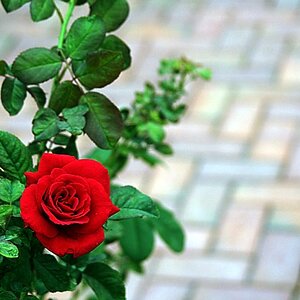
![[No title]](/data/xfmg/thumbnail/33/33437-e75ccdc53ab9428f2dd0218e568181b1.jpg?1619735969)
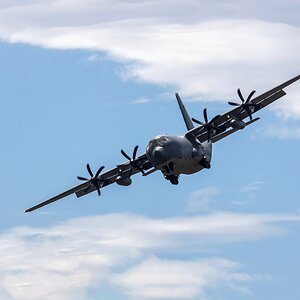
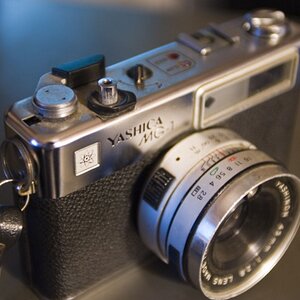
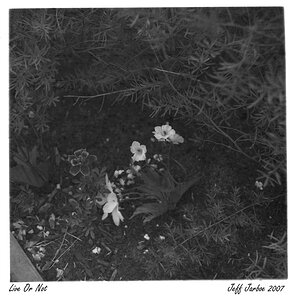
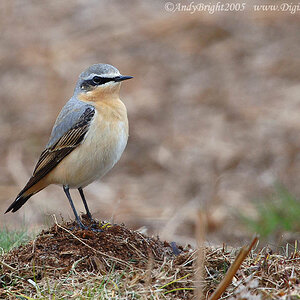
![[No title]](/data/xfmg/thumbnail/38/38444-6063bb59cb410c520a1ccccbe58db9c7.jpg?1619738614)
